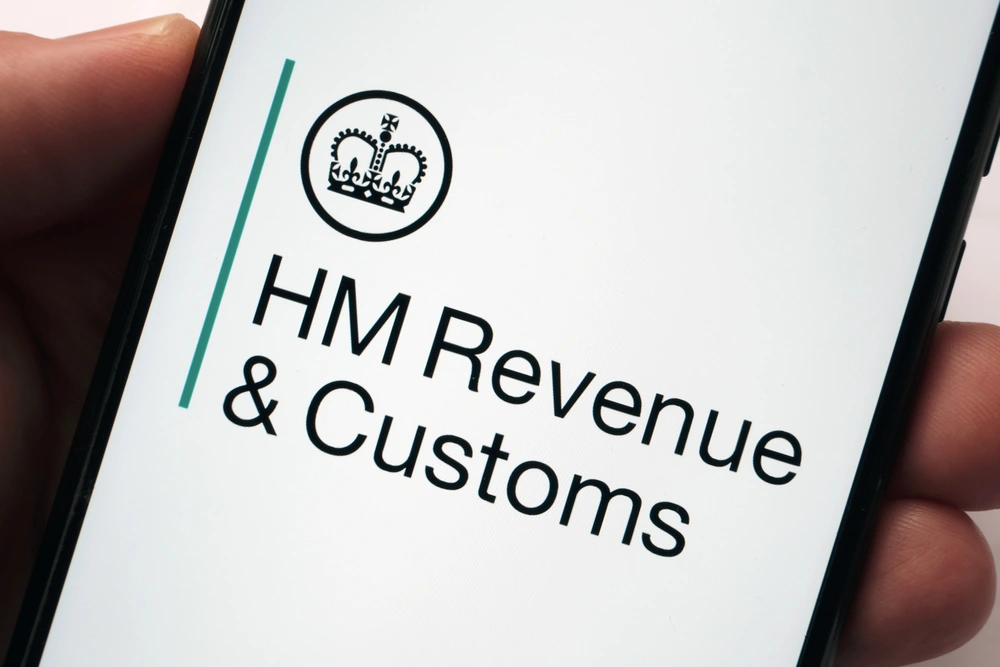The last Cost of Living payments were sent to eligible families in February 2024.
But the news is still full of stories about the struggles many people are facing to make ends meet. It's clear the cost-of-living crisis is far from over.
If you still need help to pay for bills and essentials, we're explaining the different places you may be able to find it.
The Household Support Fund is the main source of help
With no more Cost of Living payments on the horizon, the Household Support Fund (HSF) is the main source of help available. It was originally meant to end on 31st March 2024, but will now continue until 31st October 2024.
The HSF is money given to local councils to support those in need in their area. Some of the schemes available include:
- Cash grants
- Supermarket vouchers
- Help towards the cost of energy bills
Councils have free rein to decide what support and schemes they provide using this money. So, the help on offer may vary from area to area. Check with your local council to find out what’s available and how to apply. You may need a reference from a debt adviser or a social worker to access some schemes.
Check your eligibility for benefits
It’s thought that as much as £19 billion of benefits money goes unclaimed every year. If you’re struggling with the cost of living, even if you think you earn too much to qualify for benefits, it’s worth checking to see if you could claim.
Government loans can help people who get certain benefits
If you already receive benefits, you may be able to get one of two types of interest-free government loans. These loans can help pay for essential costs. Depending on the benefits you receive, you may be able to get:
- A Budgeting Loan. You could qualify for this type of loan if you receive Income Support, income-related Jobseeker’s Allowance, income-related Employment and Support Allowance, or Pension Credit.
- A Budgeting Advance. You may be eligible for this type of support if you claim Universal Credit.
You will need to have been receiving a qualifying benefit for at least six months to be able to apply.
These loans can range from £100 to £812, depending on your circumstances. Other things that can affect your eligibility and how much you could get include:
- Your ability to repay the loan.
- How much, if anything, you have in savings.
- Whether you’re repaying another Budgeting Loan, Budgeting Advance, or Crisis Loan.
Budgeting Loans and Advances are repaid through your benefits payments. This means that you will receive less in benefits until the loan is paid back. You usually have to repay the loan within two years.
Charitable grants
Many charities provide grants – money that does not need to be repaid – to help people in need. Grants are generally given to people based on specific criteria. For example, you may need to have worked in a certain job or have a particular health condition. How much you can get varies between charities and the grants available.
Your energy supplier may be able to help with your bills
A number of energy suppliers have set up funds to provide help for those who are struggling with their bills. Each supplier’s schemes work differently, and eligibility criteria vary. So, it’s a good idea to contact your energy supplier to find out what help they might be able to offer.
If you have debt on a pre-payment meter, you could get up to £2,000 from the British Gas Individuals and Families Fund. You don’t need to be a British Gas customer to claim from this fund. But you will need to meet strict criteria. You may also need a referral from a debt adviser to be eligible.
You may qualify for a Council Tax reduction
There are many schemes that can reduce your Council Tax. These include:
- Single person’s discount. If you live alone or are the only adult in your household, you should qualify for 25% off your Council Tax bill. You may also be able to backdate your claim to get back some of the money you’ve already paid.
- Student exemptions. If you’re a full-time student at university or college or studying on certain apprenticeship schemes, then you may not need to pay Council Tax at all. Check with your local council to make sure. You may need to apply for an exemption to avoid being billed incorrectly.
- Council Tax Support. This scheme is available for people with low incomes. How much your Council Tax is reduced by depends on your age, income, and circumstances. If you live with other people and pay a share of the Council Tax, you may still be able to claim Council Tax Support. This is the case even if the people you live with don’t have low incomes.
Local councils run Council Tax reduction schemes. This means that the help available in your area may be different from others. Check with your local council to see if they offer these schemes or provide others.
If you’re in debt, help is available
If you’ve fallen behind on your bills or are struggling financially, it may help to get free, impartial advice. You can get this from:
Helen is a personal finance editor who’s spent 11 years (and counting!) in the finance industry. She creates content on everything money with the goal of getting people thinking – and talking – about their finances in ways they may not have done before.
![Email icon]()
Become a money maestro!
Sign up for tips on how to improve your credit score, offers and deals to help you save money, exclusive competitions and exciting products!
Find this useful? Share it with others!









